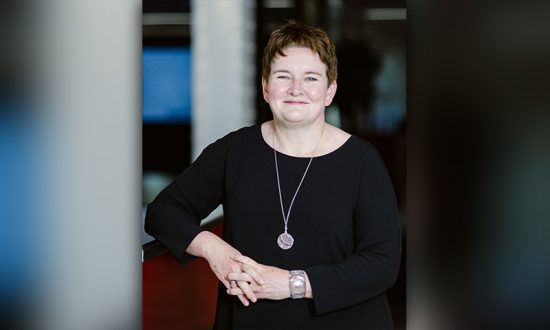As employers around the world today mark International Women’s Day, ACCA is emphasising the importance of flexible working and training in accelerating diversity.
Remote and hybrid work, education and training are proving invaluable in extending access to opportunity and ACCA is calling on employers to maintain the momentum.
ACCA’s 2023 Global Talent Trends report found that while men and women valued hybrid working almost equally (at 88% and 86% respectively), women felt the benefits of remote working more significantly, with 73% of women saying felt they were more productive when they worked remotely, in comparison to 66% of male respondents.
Findings of the research suggest hybrid working also leads to better outcomes overall in terms of mental health and retention, with hybrid workers less likely to leave their organisations. But, ACCA stressed that employers are still working through the potential impact on teamwork and collaboration.
ACCA Chief Executive, Helen Brand, said: “Flexible approaches to working are bringing significant benefits to all, but can be particularly helpful to those where geographical, financial or additional commitments create restrictions that can impact on working location or hours
“The cultural changes brought about by the pandemic, along with evolving technology, mean remote work and study is now an option for a greater diversity of people. As employers consider the culture of their organisations, it’s important this inclusivity benefit is kept front of mind.”
While not all work and study can be undertaken remotely, such as in the healthcare and construction sectors, increasing flexibility and access where it is an option can increase diversity. ACCA said it is committed to enhancing inclusivity for its members, and future members, and remote learning and exams also plays a part in extending the opportunity of professional careers to many more people.
Brand added: “E-learning has brought extra flexibility to study, giving people who live in remoter areas, or with challenging commitments outside of study, the scope to build education into their lives. It opens up the promise of a profession to many who might have been excluded until now.”




